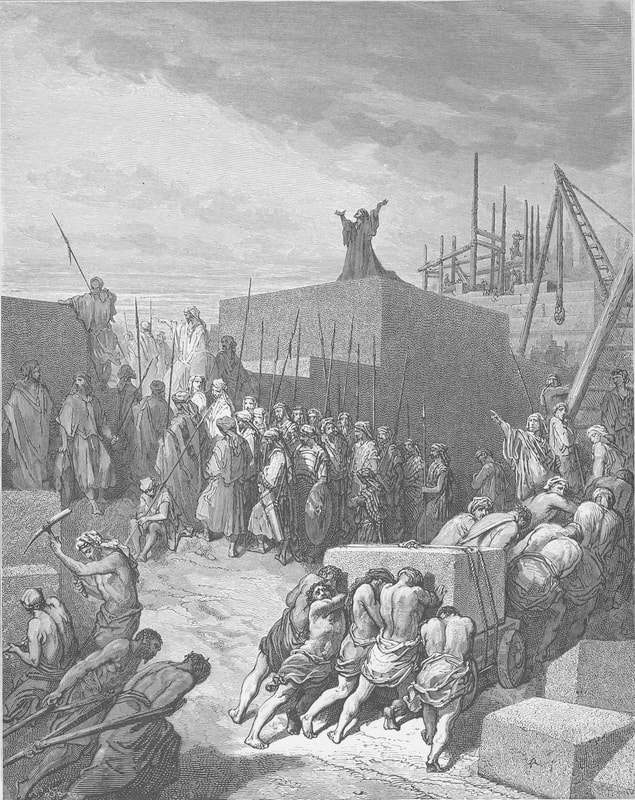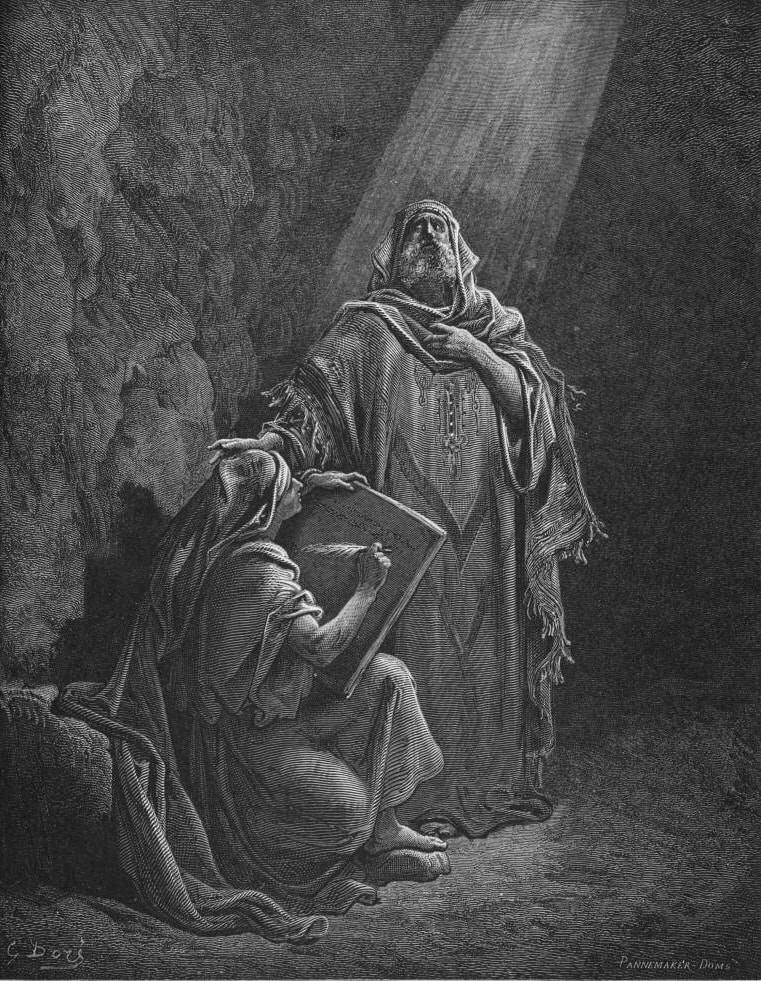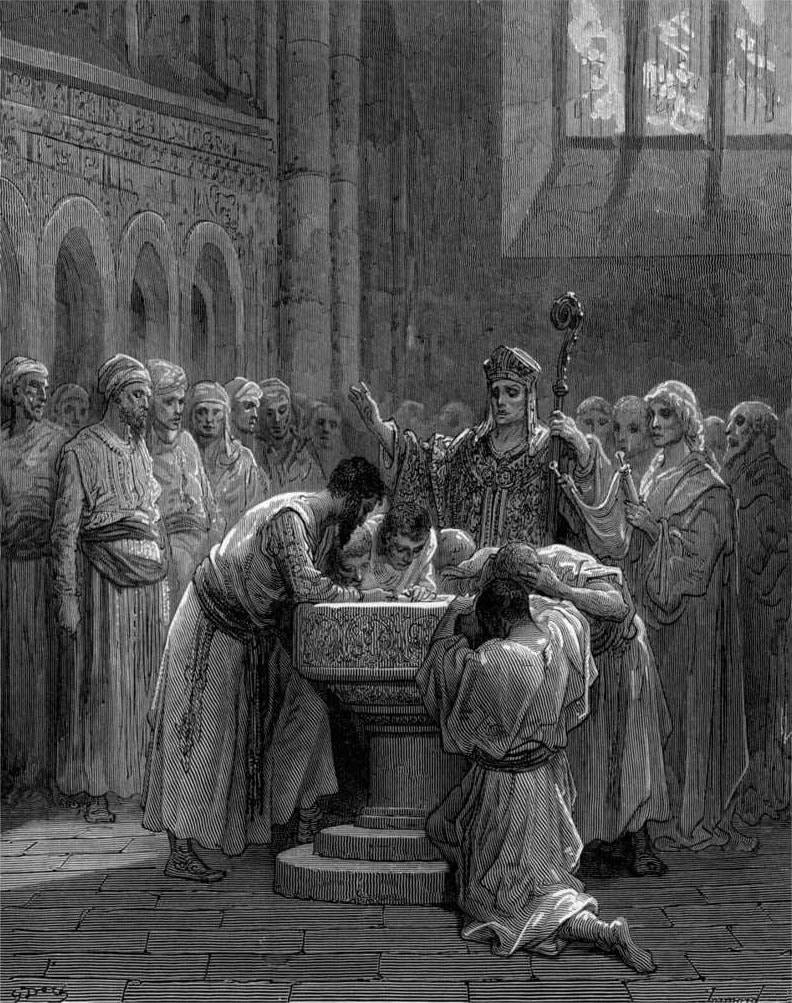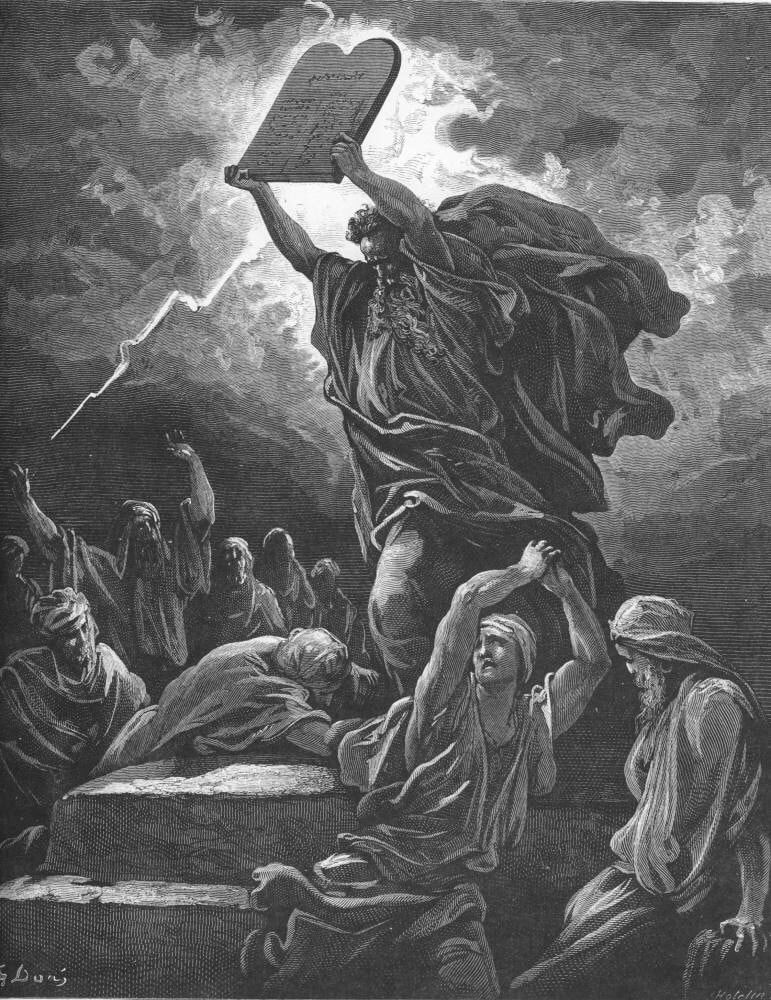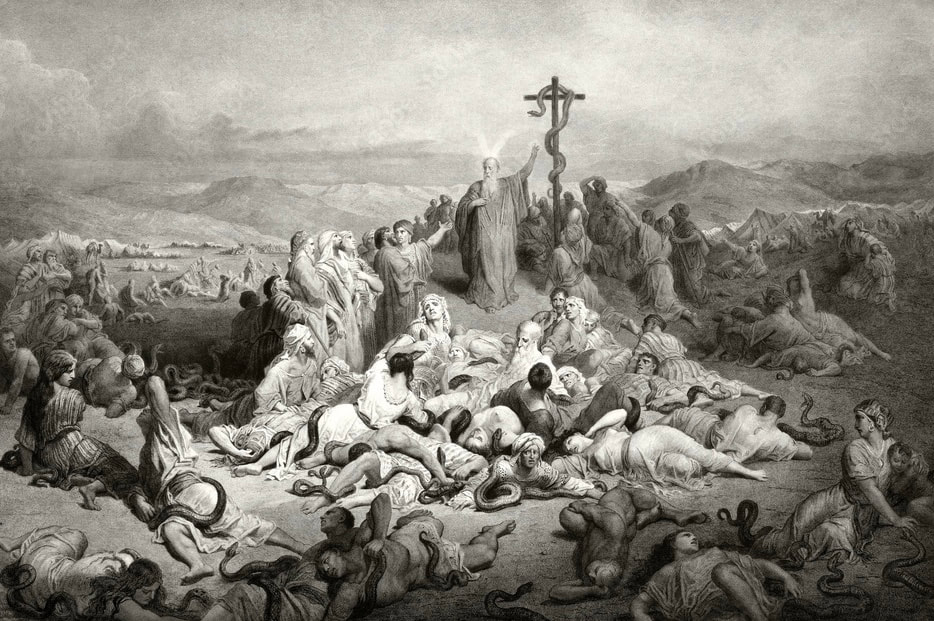The Anglican Way is LiturgicalAs we noted last time, Anglican liturgy is catechetical, taking seriously the idea that how we worship affects what we believe. However, we didn’t really explain what liturgy is or why it’s important to us. That’s the purpose of this note—we also love the Anglican way because of its liturgy.
0 Comments
The Anglican Way is CatecheticalIf one spends just a little time reading about the traditional liturgy, he or she will come across a Latin phrase: “lex orandi, lex credendi.” Translated, this means that the law of what is prayed is what is believed. Sometimes, the words “lex vivendi” will be added to this phrase, and in adding those words, the idea is expanded to mean that the law of what is prayed is what is believed and then lived. This “law” is yet another thing we love about the Anglican way
Anglicanism is Traditional, Pt 2Last time, we expressed our love of the tradition of Anglican Christianity, in two senses. The first sense considered tradition as the ancient history of the Church: the one, holy, catholic, and apostolic Church located in the British Isles. We love this “tradition” because it demonstrates that the Anglican Church is not a “new” church or a denomination that arose out of the Reformation (though it did, certainly, reform in the 16th century). It is not named after a man or a theological system, but instead, is simply the Church of Christ in a location throughout time.
Anglicanism is TraditionalThe fourth reason we love Anglicanism is because of its tradition. Tradition is often seen as a bad thing in the eyes of some Christians, but Anglicanism embraces it to the extent it is not inconsistent with Scripture, which, as explained earlier, is the highest authority. There are two types of tradition, different in nature, that we will discuss
Anglicanism Embraces the SacramentsThe third reason we love Anglicanism is that it embraces God’s work through the sacraments. You might be asking, what is a sacrament? According to our Prayer Book, a sacrament is “[a]n outward and visible sign of an inward and spiritual grace given unto us; ordained by Christ himself, as a means whereby we receive this grace, and a pledge to assure us thereof.” So, a sacrament has four parts. First, it includes an outward and visible sign. Second, it includes an inward and spiritual grace given unto us. Third, it causes internally what it signifies externally: the outward sign was ordained by Christ as a means by which we actually receive the grace represented by that sign. Finally, it is a pledge to assure us of the foregoing
Anglicanism Exalts ScriptureThe second reason we love Anglicanism is that it exalts Scripture—certainly in theory, but especially in practice! The Articles of Religion explain that “Holy Scripture containeth all things necessary to salvation: so that whatsoever is not read therein, nor may be proved thereby is not to be required of any man, that it should be believed as an article of the Faith, or be thought requisite or necessary to salvation.” What does this flowery, Elizabethan-era language mean? It means that what we need to know about salvation God has revealed in Scripture. While Christians may believe doctrines traditionally held by the Church (e.g. that Mary was perpetually a virgin), if those doctrines are not proved from Scripture, one need not believe them to be saved or to be a member of an Anglican church
What we Love About Anglican ChristianityThe first reason we love being Anglican is that our worship is organically Gospel-centered. Simply stated, the Gospel is the proclamation that Jesus Christ is Lord and Savior. The Thirty-Nine Articles of Religion, adopted by the Church of England in 1571, historically define the doctrines and practices of the Church of England. Article XI explains that we are “accounted righteous before God, only for the merit of our Lord and Saviour Jesus Christ by faith, and not for our own works or deservings.” This merit was attained by Christ, the “lamb without spot, who, by sacrifice of himself once made, should take away the sins of the world.” Article XV.
|
|

